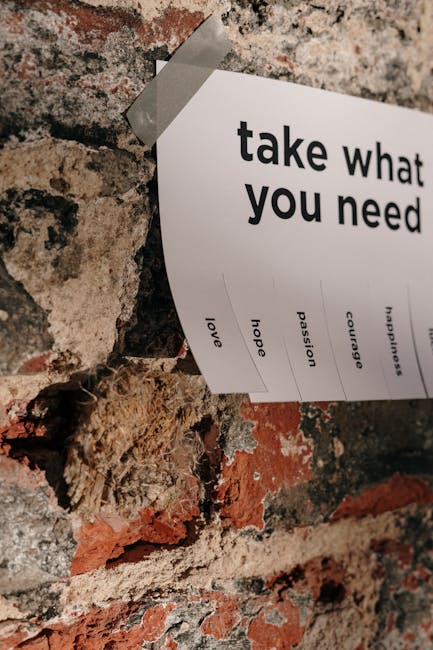
Polygraph Licenses: What You Need to Know
The use of polygraph tests, commonly known as lie detector tests, has been both controversial and fascinating for decades. While these tests are often depicted in movies and television as definitive truth-telling tools, the reality is much more complex. One of the key aspects of conducting polygraph tests is the requirement for a polygraph license. In this article, we’ll dive deep into what a polygraph license entails, why it’s important, and how you can go about obtaining one.
Understanding the Purpose of a Polygraph License
A polygraph license serves as a regulatory measure to ensure that only qualified and trained individuals administer polygraph tests. This is crucial, as the administration of these tests requires a deep understanding of both the technology and the psychology behind them. A polygraph license ensures that the practitioner adheres to industry standards and ethical guidelines.
Why is a Polygraph License Important?
The importance of a polygraph license cannot be overstated. Without proper regulation, the accuracy and reliability of polygraph tests could be severely compromised. Licenses help maintain the integrity of the profession by ensuring that examiners are adequately trained, adhere to a code of ethics, and are subject to oversight by a governing body. This is vital in maintaining public trust in the results provided by polygraph tests.
The Process of Obtaining a Polygraph License
Obtaining a polygraph license involves several steps, each of which is designed to ensure that the individual is prepared to conduct polygraph examinations responsibly and effectively.
Educational Requirements
Most states require polygraph examiners to have a certain level of education before they can apply for a license. Typically, a bachelor’s degree in psychology, criminal justice, or a related field is recommended. Some states may accept relevant work experience in lieu of formal education.
Polygraph Training Program
Prospective examiners must complete a polygraph training program accredited by the American Polygraph Association (APA). These programs usually last between 10 to 13 weeks and cover various topics, including physiology, interview techniques, and polygraph equipment operation.
Licensing Exam
After completing the training program, candidates must pass a licensing exam. This exam tests their knowledge of polygraph technology, ethical standards, and relevant legal guidelines. Passing this exam is a crucial step in obtaining a license.
Background Check
A comprehensive background check is typically required to ensure that the candidate has no criminal history that could affect their ability to perform their duties ethically and responsibly.
Common Requirements Across States
While the requirements for obtaining a polygraph license can vary from state to state, there are several commonalities:
- Completion of an accredited polygraph training program.
- Passing a state-administered polygraph licensing exam.
- Submission of fingerprints and a background check.
- Payment of applicable licensing fees.
State-Specific Requirements
Some states may have additional requirements, such as ongoing education credits or a minimum number of supervised examinations before full licensure. It’s essential to check the specific requirements of the state where you plan to practice.
Challenges and Considerations
While obtaining a polygraph license can be a rewarding endeavor, there are several challenges and considerations prospective examiners should be aware of.
Controversy Surrounding Polygraph Tests
Polygraph tests have faced criticism for their potential inaccuracy and the possibility of false positives or negatives. As a licensed examiner, it’s important to be aware of these limitations and to communicate them effectively to clients.
Ethical Considerations
Maintaining ethical standards is paramount in the polygraph profession. Examiners must ensure confidentiality, obtain informed consent, and avoid any conflicts of interest. Ongoing education and adherence to a code of ethics are vital components of a successful career in this field.
Polygraph Licensing: A Global Perspective
While this article focuses primarily on the requirements within the United States, it’s worth noting that polygraph licensing and usage vary significantly around the world. In some countries, polygraph tests are widely used in criminal investigations, while in others, they are heavily restricted or banned altogether.
International Guidelines
International guidelines for polygraph examiners may differ, and those interested in practicing abroad should familiarize themselves with the specific regulations and standards of the country they wish to work in.
Conclusion: Is a Polygraph License Right for You?
Deciding to pursue a polygraph license is a significant commitment that requires time, effort, and dedication. For those interested in the intersection of technology, psychology, and law enforcement, it can be a fulfilling career path. However, it’s crucial to weigh the challenges and responsibilities that come with this profession.
Whether you’re drawn to the scientific intrigue of lie detection or the opportunity to contribute to the justice system, understanding the intricacies of obtaining and maintaining a polygraph license is the first step in your journey. As with any career, staying informed and committed to ongoing learning and ethical practice will be key to your success.
For more information on polygraph licensing and related topics, consider reaching out to professional organizations such as the American Polygraph Association or your local licensing board.
